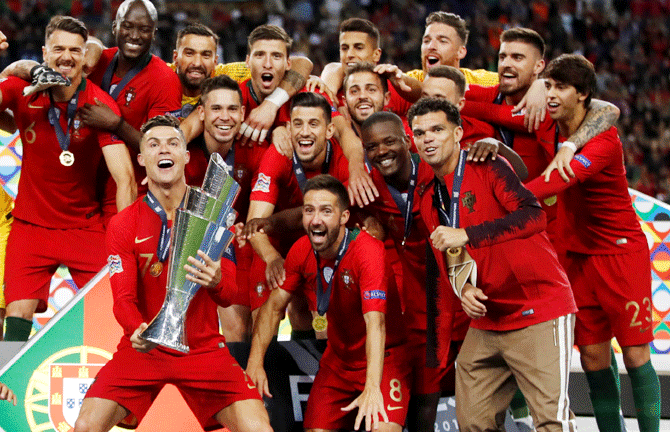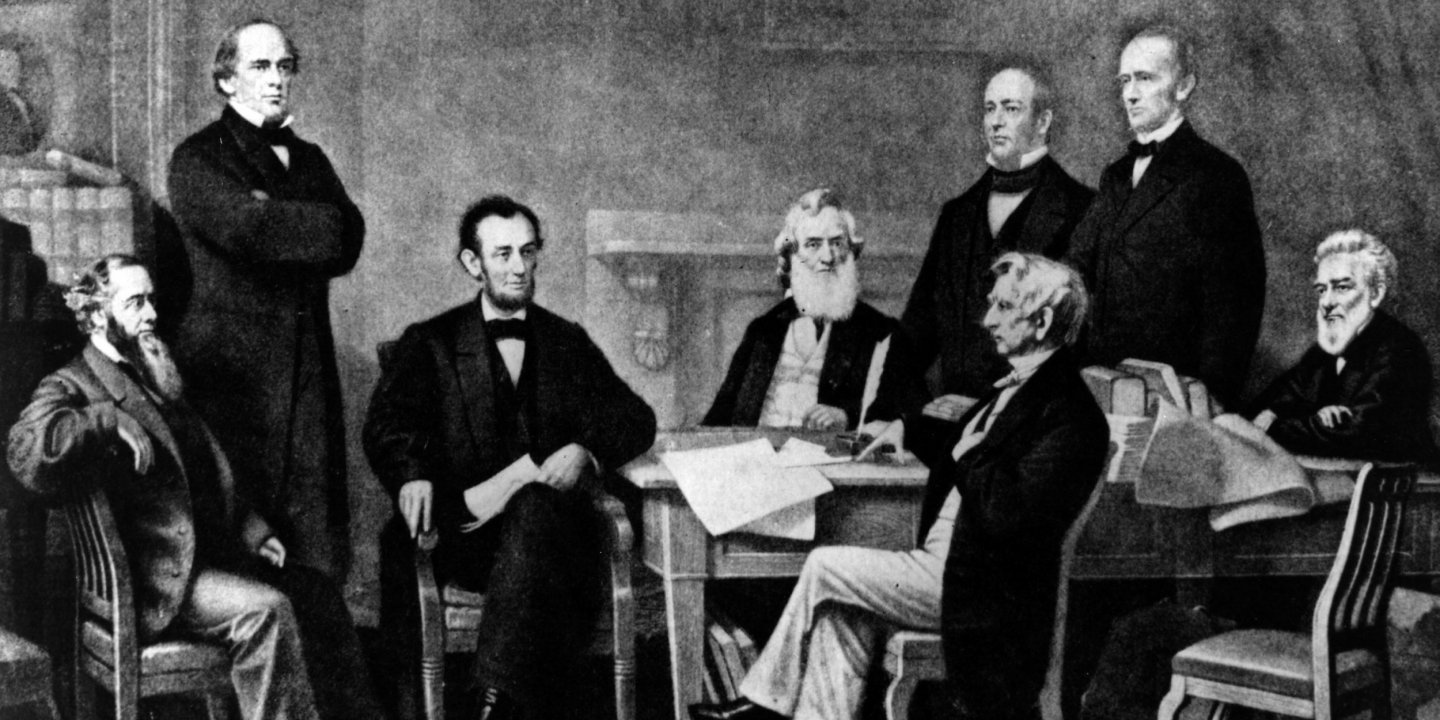Cultivating an individual identity is more important than following guided rules on leadership

TV shows, movies, media and blogs all portray a certain kind of image of a good leader.
Yet the greatest leaders of all times are all different from one another. While they may have one or two similar qualities, each have their own individuality which sets them apart from the rest.
To be or not to be
Cristiano Ronaldo, one of the greatest icons in football history is not just a phenomenal player but also an inspiring leader.
One of the greatest examples of his leadership came out in Euro 2016 when Joao Moutinho refused to take a penalty kick because of his previous experience of missing the penalty shot in 2012.
In an inspiring video that went viral on YouTube, his coach tried to convince the player to take the shot but he blatantly refused.
Then came Ronaldo who magicallt uttered a few words of motivation to the player after which he made the perfect shot landing Portugal to victory.
The few words Ronaldo had said were “Come. You hit them well! If we lose then f*** it! Be strong, come on, be strong. You hit them well, come on!, it’s in God’s hands now“
The player listened to his fellow teammate rather than the coach, what can be a greater example of his influence on his team.
There are many more examples of how Ronaldo has motivated his teammates to victory in many cases.
And yet, Ronaldo also stands to be known as one of the most hated players in football, due to his lack of humility.

Image Source: Carl Recine/Action Images via Reuters
On the other hand, there is Abraham Lincoln, one of the greatest presidents of all time.
In his biography Team of Rivals by Dorothy Kearns, he is frequently regarded as a lover of poetry (his favourite being Mortality by William Knox) and a president who spent most of his days in melancholy.
As the title of the book suggests with his exceptional leadership skills he befriended the men who were supposed to be his enemies and together achieved freedom for all slaves throughout the nation creating history for generations to come, something that was thought of as an impossible feat.
His humility is evident when he appointed Stanton as Secretary of War, despite the man previously ridiculing him as a ‘long-armed ape’.
By putting his ego aside, he created such an incredible harmony between the people who were never supposed to be his friends and colleagues.
An extraordinarily inhuman feat.
President Lincoln was gentle, humble and extremely honourable and yet died as a result of assassination.

Image Source: HULTON ARCHIVE/GETTY IMAGES
Finally, there was the great Genghis Khan (translated as universal leader), one of the most notable successful military conquerors the world has ever known.
He rose from being the son of a chieftain (who was later killed) into becoming the ruler of the largest land empire in the world.
A leader who led his people to conquer more territories in 25 years than the Roman army could in 400 years. Not only was Genghis Khan known for his brutality, but he was also known for forging friendships and alliances.
Apart from his military conquests, he was also widely known for his style of leadership which favoured merit rather than status. So much that even today the Mongols disregard race, ethnicity, and class creating a society on meritocracy where individuals are rewarded based on their talents. This can also be traced back to when Khan established a legal system ‘Yassa’, a form of unified punishment created in order to build a combined society which abided by the same laws.
Khan was of a complex nature being obscenely clever, strong and believed in equality while also being extremely brutal and a sadist who was entertained when his enemies were stripped off of power.

The bottom line
There are thousands of books written on leadership, articles are written every day on the qualities of a good leader. And even as we close our eyes and think about the perfect leader, there is an image created by the mass of what a good leader should look like or be.
But the truth is there is no perfection to being the best leader because there are no right or wrong rules of being one.
Everyone is different and must find their own leadership style that is in harmony with their innermost qualities. There will always be downsides but at least there will be an individuality that will be established.
–
Image Credit: Mahesh Patel
The post The perfect leader in an imperfect world: how these leaders embraced their unusual traits to lead appeared first on e27.